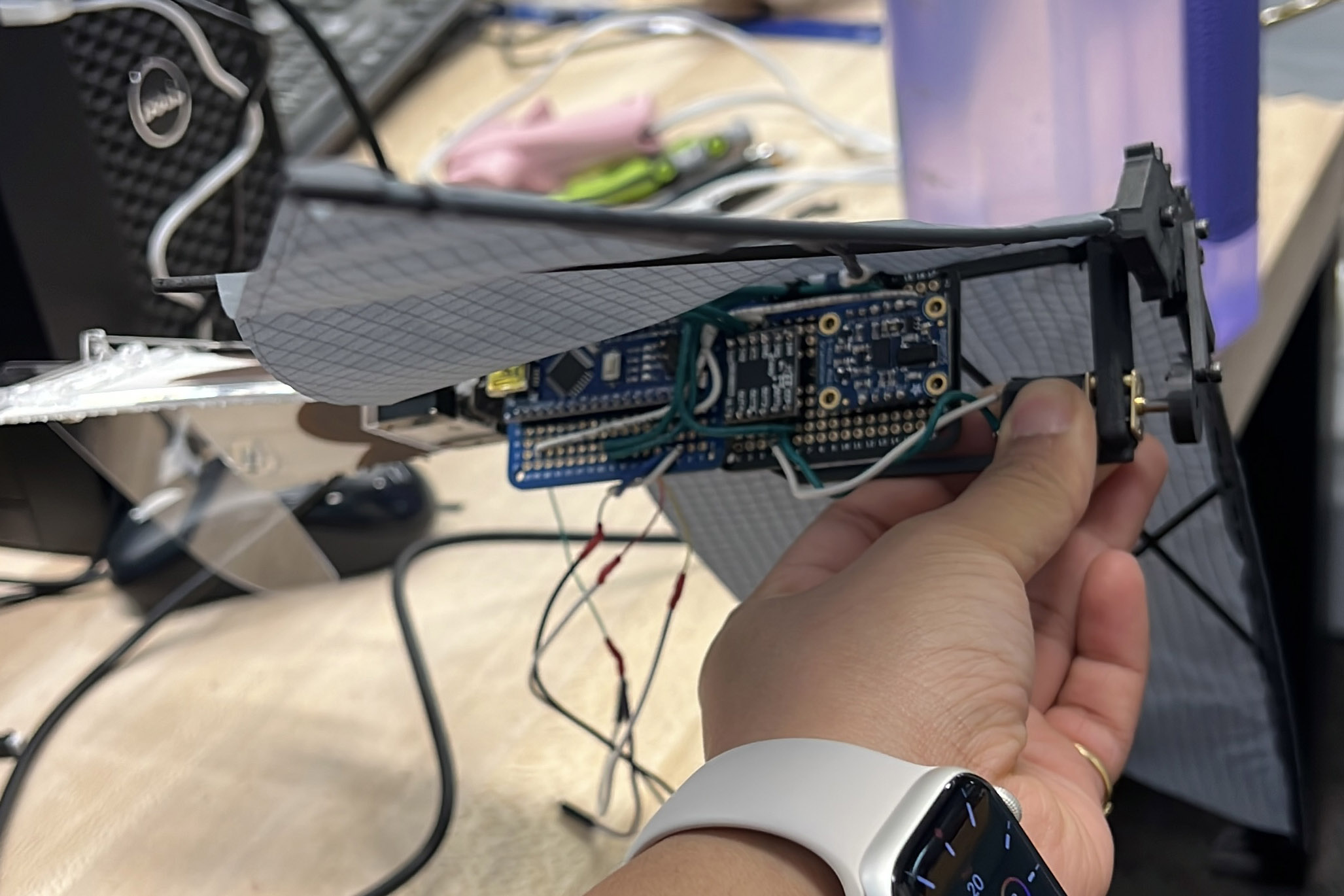
Agamemnon Crassidis
Professor, Mechanical Engineering
Agamemnon Crassidis
Professor, Mechanical Engineering
Education
BS, MS, Ph.D., State University of New York at Buffalo
Bio
Dr. Agamemnon Crassidis is a Professor in Mechanical Engineering at the Rochester Institute of Technology. He received his B.S., M.S., and Ph.D. in Mechanical Engineering from the State University of New York at Buffalo specializing in control systems engineering and systems design and dynamics. His Ph.D. dissertation research was focused on the nonlinear control a motor-flexible beam system with nonlinear friction. Specifically, he developed and analyzed mathematical models for a slewing motor-beam system with the inclusion of nonlinear friction and extended these models to multi-link flexible robotic manipulators. He has more than 17 years of industrial experience in the areas of aerospace flight control system design; aircraft parameter identification; mathematical modeling and identification of nonlinear systems using experimental responses; systems engineering; mechanical systems design; and navigation, control, and measurements systems. Dr. Crassidis' current research focuses on the development of advanced all attitude/orientation devices, inertial movement correction algorithms, orientation and center-of-gravity estimation for aircraft, and model-free nonlinear control law development. He is the author of nearly a dozen papers on the topic of alternate next-generation inertial navigation and orientation sensing systems using advanced correction algorithms, CG estimation, and nonlinear model-free sliding-mode controller applications. He is an active member of the American Institute of Aeronautics and Astronautics serving as past Chair for the Atmospheric Flight Mechanics Technical Committee section and Academic Director for NUAIR (operator of the Northeast FAA UAS test-site).
Select Scholarship
Currently Teaching
In the News
-
March 14, 2025

RIT recognizes faculty-researchers for innovative projects and funding milestones
Researchers who contributed to RIT receiving nearly $103 million in sponsored research awards during the past fiscal year, including 10 faculty members who reached or surpassed $1 million this past fiscal year, were inducted into the yearly classes of PI Millionaires.
-
March 13, 2019

Local reaction to grounding of 737s
WHAM-TV talks to Agamemnon Crassidis, professor of mechanical engineering, about the issues surrounding Boeing 737 Max jets.
Featured Work
Model Free Sliding Mode Control for Unmanned Aerial Vehicles (UAVs)
Aashrita Mandalapu
The development process of aerial robotics spans conceptual design and modeling using CAD tools, rapid prototyping through additive manufacturing (3D printing) in the early stages, and the selection...



